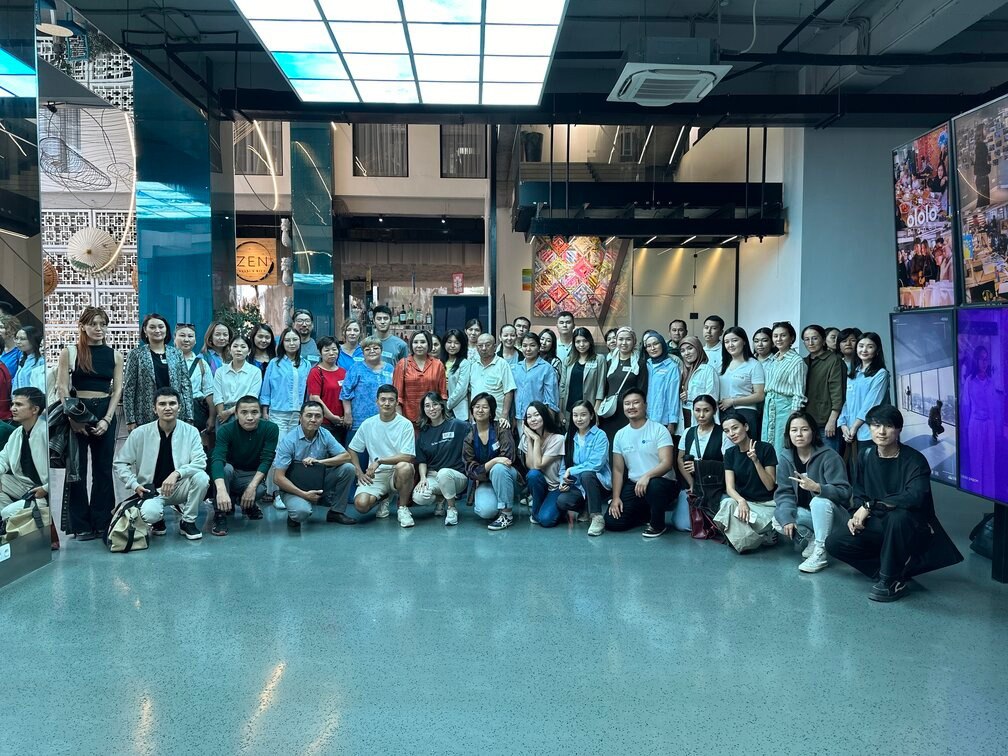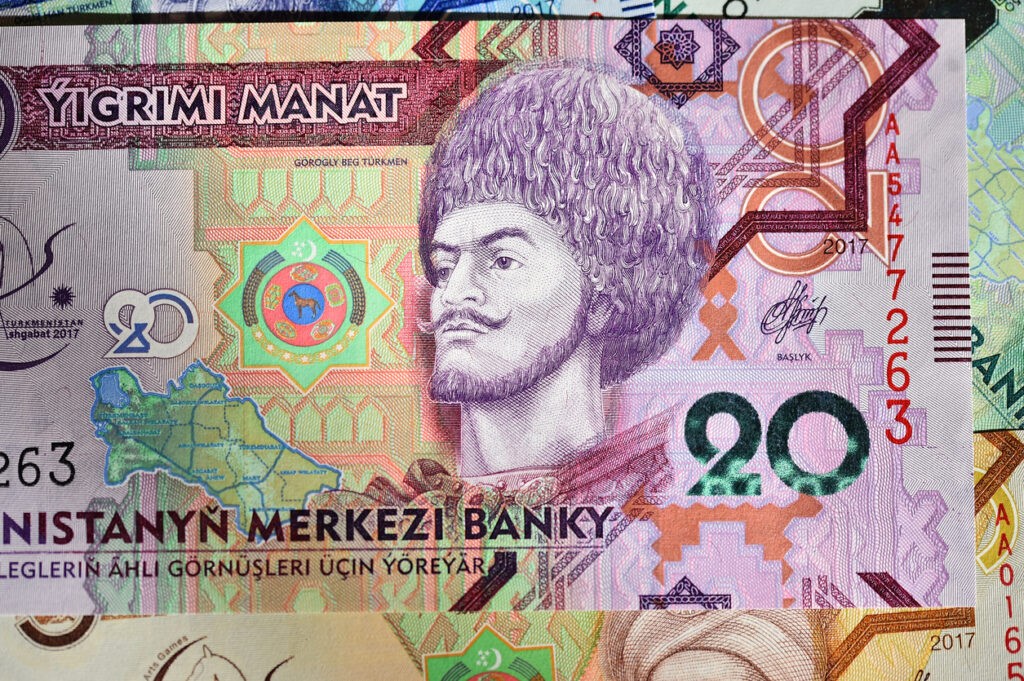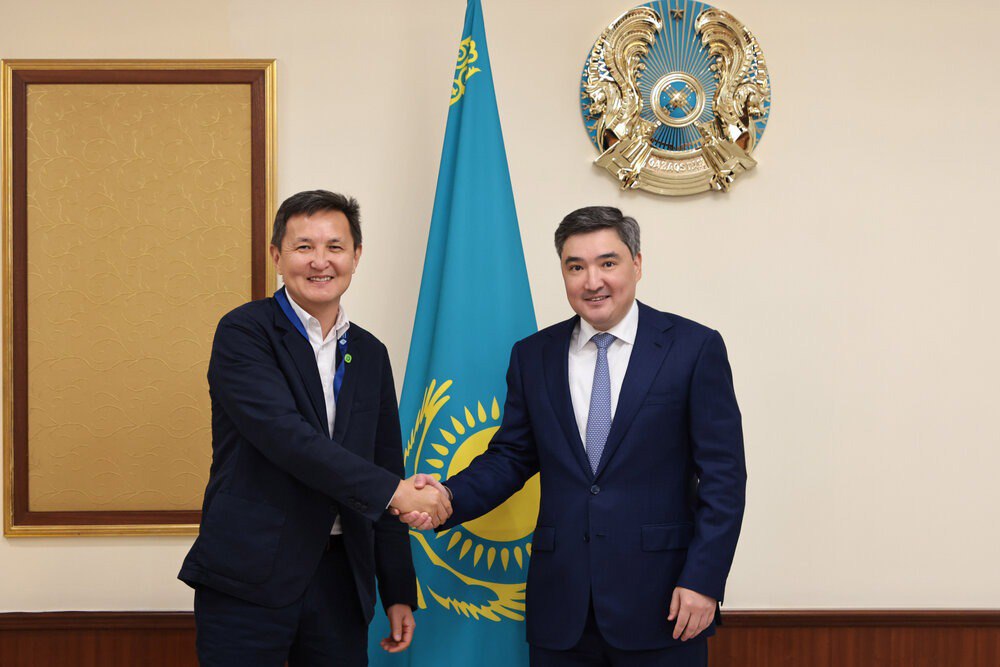Kazakhstan’s Largest Hackathon to Take Place Across the Country
Decentrathon 2.0, Kazakhstan's largest multi-location hackathon, will be held on October 18-19 across major cities, including Astana, Almaty, Shymkent, Karaganda, and others, gathering more than 2,500 developers from the country’s 17 regions to compete for a $50,000 prize. According to the Ministry of Digital Development, Innovations, and Aerospace Industry, participants will tackle challenges related to AI, Blockchain, GameDev, and Telegram mini apps. Additionally, a virtual job fair will offer developers the chance to connect with top companies and explore local and international career opportunities. Organized by the Blockchain and AI Technology Center (BAITC) and Astana Hub, with support from the Ministry of Digital Development, Innovations, and Aerospace Industry, this year’s hackathon will be an expanded including leading universities and tech parks, making it a truly national event. The inaugural event in 2023 gathered more than 1,500 participants from nine regions. Zhaslan Madiyev, Minister of Digital Development, Innovations, and Aerospace Industry, stated that: "Decentrathon is the first large-scale IT event spanning every region of Kazakhstan and one of the key initiatives of the Generative Nation movement this year. Our goal is to drive the country's AI transformation. Initiatives like this must have a national scope, providing young talents across Kazakhstan with the opportunity to contribute to technological and AI development." Magzhan Madiyev, CEO of Astana Hub, added, "AI engineers play a pivotal role in Kazakhstan's AI transformation. The Generative Nation movement’s initiatives focus on developing human capital in AI, enabling them to work on projects that will transform our country and have a global impact."






